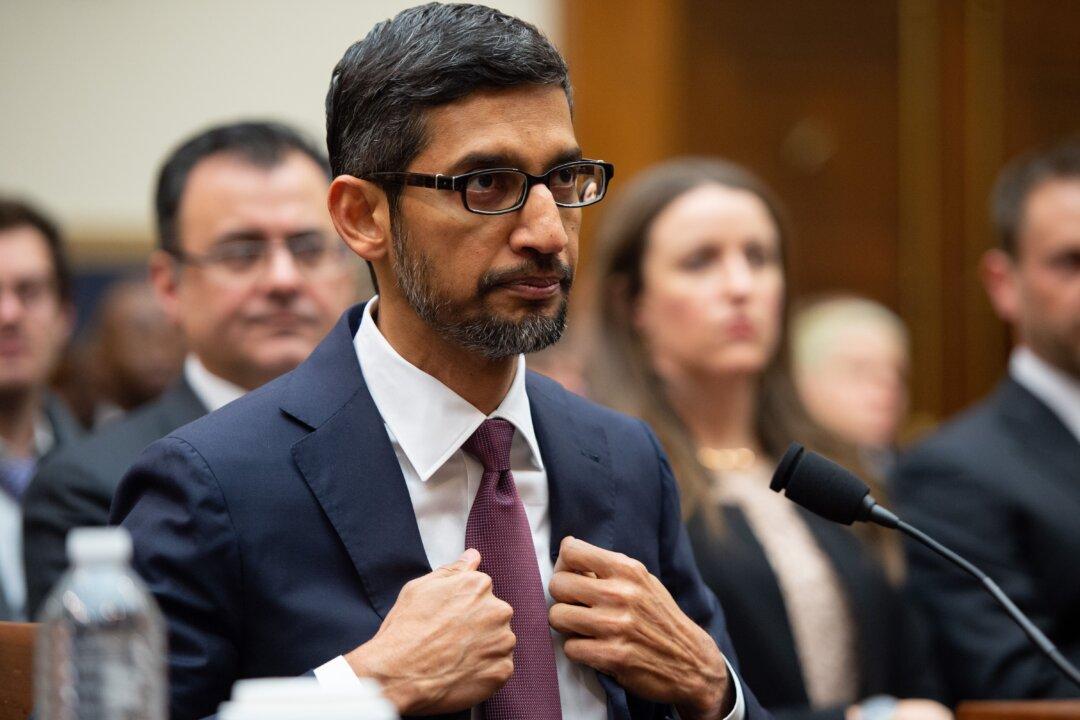Commentary
In 2018, I was offered the opportunity to share important information regarding surveillance and data-mining business practices employed by Facebook and Google with the Senate and House Judiciary committees.

In 2018, I was offered the opportunity to share important information regarding surveillance and data-mining business practices employed by Facebook and Google with the Senate and House Judiciary committees.